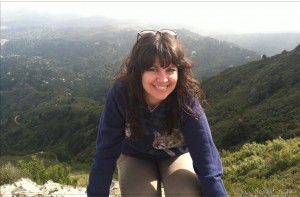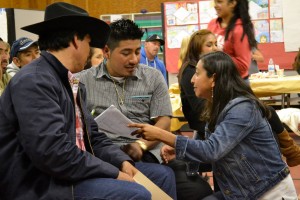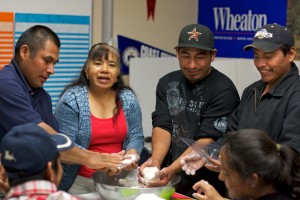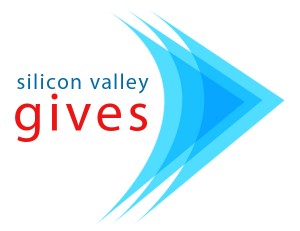New hires can bring fresh perspective and vision to an organization. Molly Wolfes, Puente’s brand-new Community Health Coordinator, is originating an entire new position.
Wolfes, who started with Puente in early April, has a rather large challenge before her: to implement a vision of health care for all.
At present, most South Coast farm workers and other low-income residents do not have regular access to a physician. Often they can’t take time off work to deal with existing health issues, sometimes resulting in an even more severe problem. That should change in late 2014 when a new San Mateo County mobile health van makes the rounds in Pescadero and surrounding towns. Staffing the van, and making sure its medical team contacts the area’s most hard-to-find residents, are two of Wolfes’ immediate priorities. “Molly will be essential in coordinating all the moving parts for our medical program. I think she’s going to be great and I think she’s coming at exactly the right time for Puente,” says Executive Director Kerry Lobel.
Wolfes says she’s excited, too. “I think the biggest challenge is going to be finding the best and easiest way to get services to people,” she predicts. “Some people are willing to come to Puente and others are more isolated living on their farms and may be afraid to leave or take time off work for fear of losing their job.”
Wolfes holds a Master of Public Health from George Washington University. She comes to Puente from Stanford University, where she was working as a research interventionist, conducting home outreach and education with Spanish-speaking families struggling with obesity. Before that, she was Program Director with the West Contra Costa Salesian Boys & Girls Club, working with at-risk youth in Richmond, Calif.
Wolfes is bilingual. She grew up in San Rafael in an English-speaking home but picked up Spanish studying and working in Mexico, and Costa Rica. She began doing community development and public health work in rural Central American and Caribbean countries and found that she loved it.
Bringing Wolfes on board heralds a shift in the way Puente will approach health care from now on: comprehensively and strategically. In the past, Puente has responded to community health needs on a somewhat ad-hoc basis, bringing services to the coast as funding allowed. One of Wolfes’ most important tasks will be to give Puente a check-up – to assess how well Puente is performing on a series of metrics the nonprofit has committed to meeting, from providing immunizations and screenings to prevention and education workshops. Eventually, she will help Puente realize its goal of a permanent primary care facility on the South Coast, whether a medical clinic or something else.
Wolfes will also take on the role of coordinating services and communications between Stanford University, the county, and various nonprofits as concerns getting health care up and running on the South Coast.
But first, Wolfes will spend some time meeting farmers, farm workers and other residents. Her job is to create relationships. She will be asking one specific question over and over: what kind of health care does the community need?
Lobel says she knew Wolfes was the right person for the job based on her response to an unusual test Lobel devised for the candidates: she gave all the interviewees a pen and paper, and asked them to explain how to make a peanut butter and jelly sandwich, step by step.
Wolfe’s answer started out, “First, ask the person if they are hungry.”
“I thought, ‘This is perfect. She’s trying to address the whole issue, not just assuming someone wants an entire sandwich,’” says Lobel. “That’s always the trick in designing intervention programs – it’s cool, but will it really meet the needs of the people in the community? I feel like she’s really prepared to ask questions before she designs programs, so that’s great.”
For more information about Puente’s health initatives, call 650.879.1691.



 Lobel says both those numbers are likely low, and that more people will qualify under the new rules.
Lobel says both those numbers are likely low, and that more people will qualify under the new rules. 




